A motor is an electromagnetic device that converts electrical energy into mechanical energy and vice versa. There are two primary functions of motors: one is to convert mechanical energy into electrical energy, which is known as a generator, and the other is to transform electrical energy into mechanical energy, referred to as an electric motor.
The fundamental principle behind motor operation is based on Faraday’s Law of Electromagnetic Induction and the Lorentz Force Law. During energy conversion, a motor must have two key components that move relative to each other: one that generates the magnetic field (excitation component), and another that induces an electromotive force and carries the working current (inductive component). The stationary part is called the stator, while the rotating part is known as the rotor. An air gap exists between the stator and rotor to allow for smooth rotation.
The electromagnetic torque is produced by the interaction between the magnetic field from the excitation component and the magnetic field created by the current in the inductive component. This torque enables the motor to deliver mechanical power or allows the generator to absorb mechanical input. Depending on how these magnetic fields are generated, different types of motors are developed.
Motor ClassificationBy Power Type
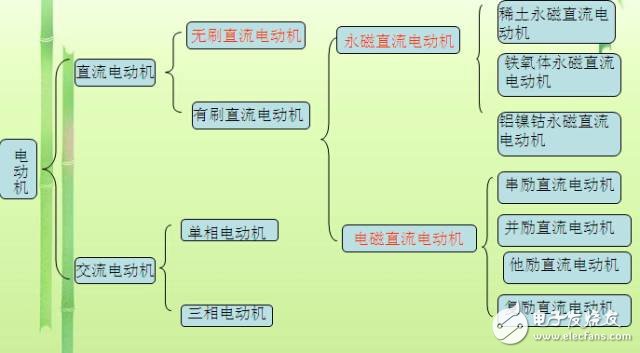
By Structure and Working Principle

By Starting and Operation Method

By Rotor Structure
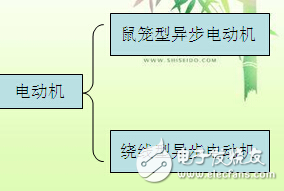
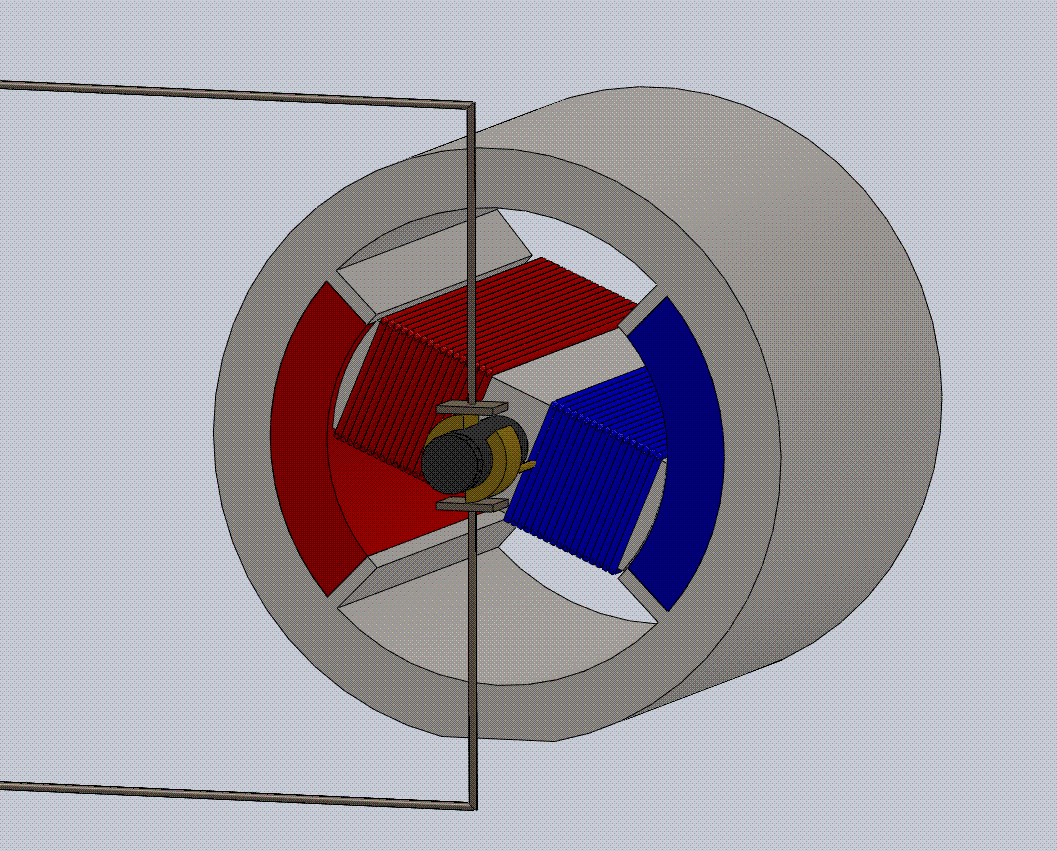
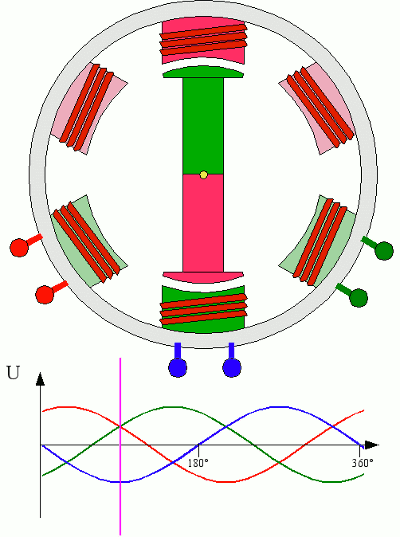
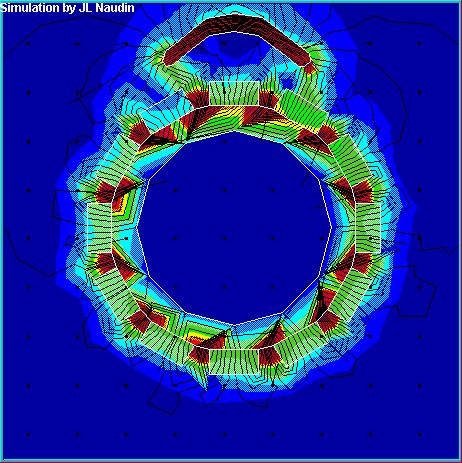
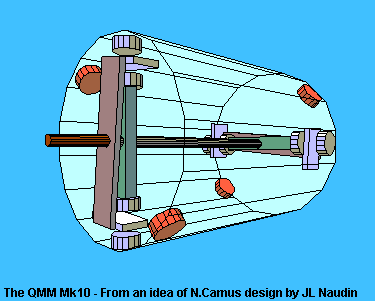
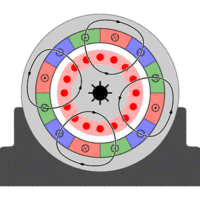
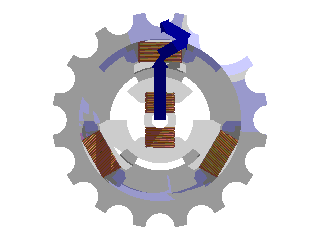
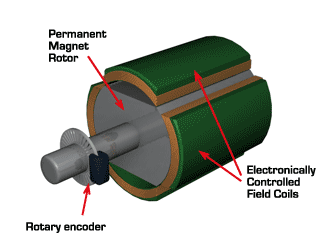
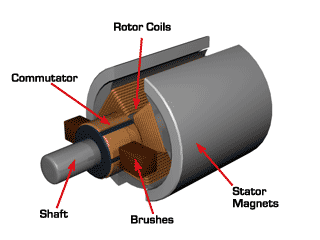
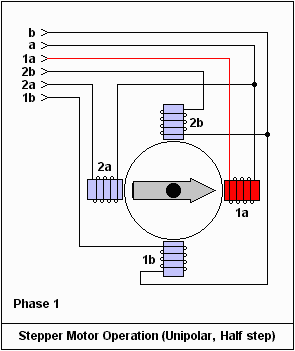
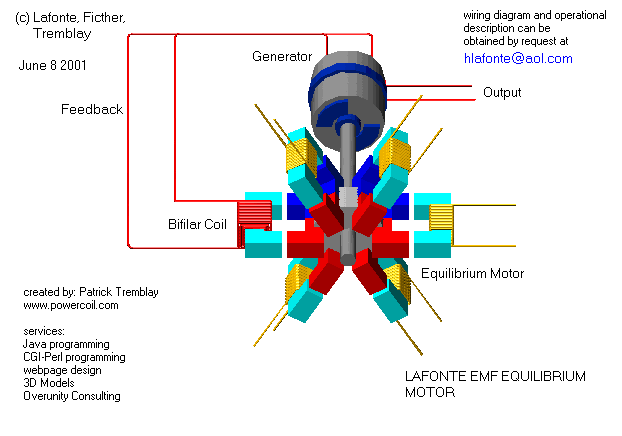
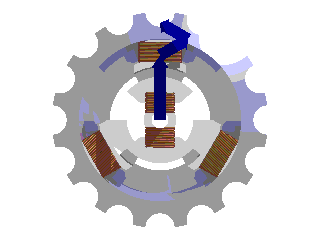
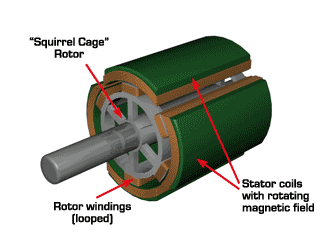
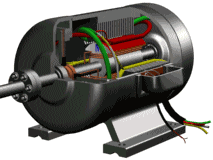
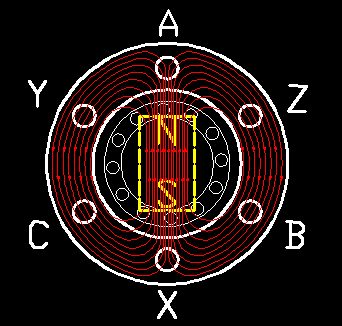
We started to manufacture traffic signal pole from 2001 and exported from 2002.
Our firm introduced whole set of good-sized numerical control hydraulic folding equipment(1280/16000) as well as equipped with a series of good-sized professional equipments of armor plate-flatted machine, lengthways cut machine, numerical control cut machine, auto-closed up machine, auto-arc-weld machine, hydraulic redressing straight machine, etc. The firm produces all sorts of conical, pyramidal, cylindrical steel poles with production range of dia 50mm-2250mm, thickness 1mm-25mm, once taking shape 16000mm long, and large-scale steel components. The firm also is equipped with a multicolor-spayed pipelining. At the meantime, for better service to the clients, our firm founded a branch com. The Yixing Jinlei Lighting Installation Com, which offers clients a succession of service from design to manufacture and fixing.
Traffic Signal Mast,Traffic Signal Light, Camera Pole,Traffic Signal Lighting
JIANGSU XINJINLEI STEEL INDUSTRY CO.,LTD , https://www.steel-pole.com